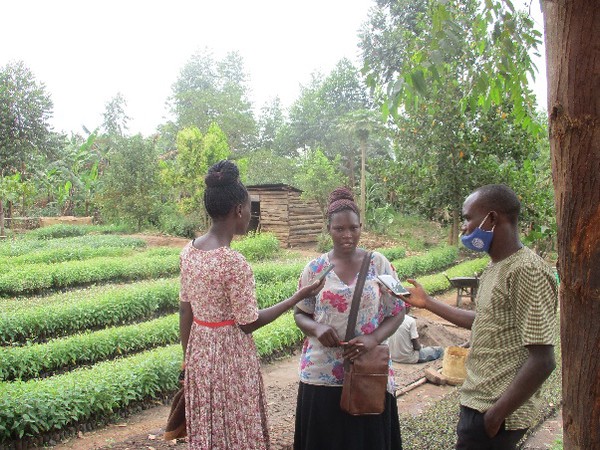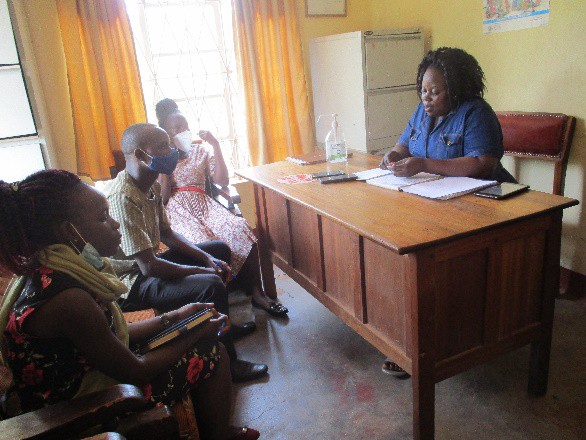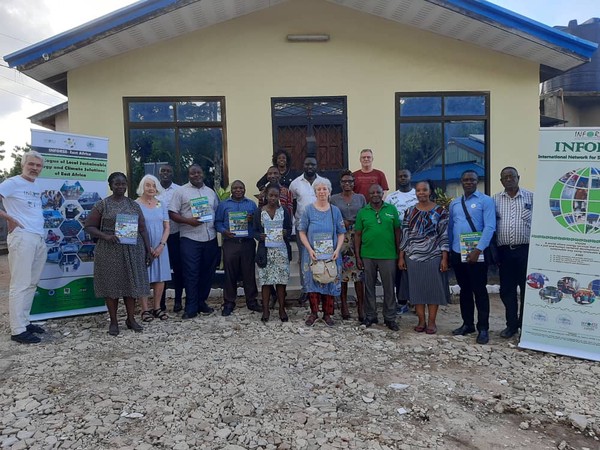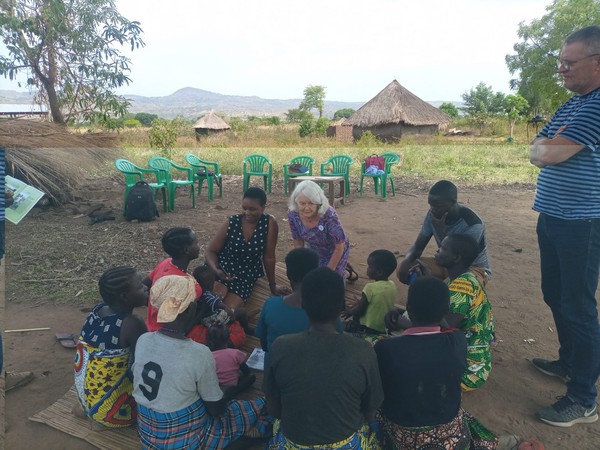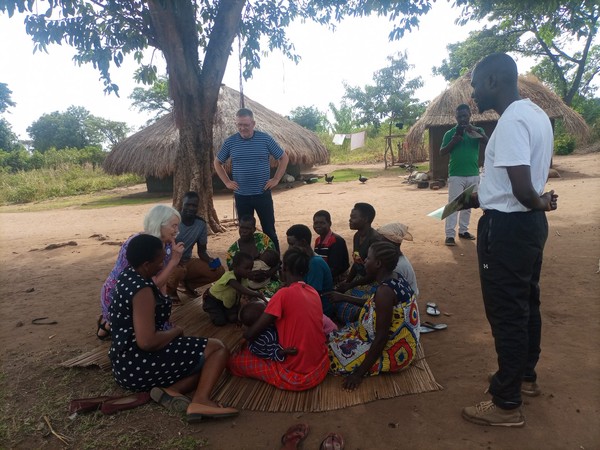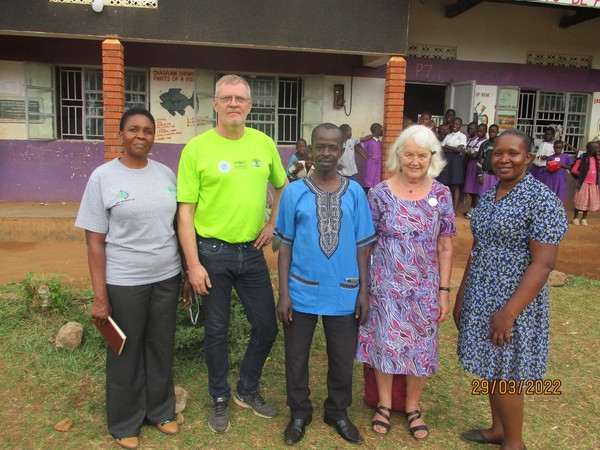This Month at JEEP – 03.2022
In this newsletter we briefly mention what we have been up to in the last month, hoping the curious reader enjoys following up.
This month it was time for another trip to Zombo. As part of the ECO-PESA project, Sylivia, Tonny, Zeus and Derrick created awareness for the project with multiple seminars and a community drive.
Additionally, Prossie and Derrick traveled to Nakaseke and Nakasongola for a follow-up with the media on site and keeping our public image in check.
Additionally, JEEP headquarter staff and a CBS radio presenter conducted follows up on leaders at Nakaseke and Nakasongola with a nursery attendant, community members and the manager Nakaseke FM. This involved interviewing project beneficiaries on the most significant changes realized as a result of the EASE-CA project and knowing what leaders have done to help conserve the environment and way forward on environmental conservation.
Furthermore, we were busy to bring everything here at JEEP Folkecenter in perfect conditions. After all, our partners from the Nordisk Folkecenter for Renewable Energy (NRFE) came visiting. First, Paul and Prossie traveled to meet them in Tanzania for the EASE-CA final project meeting in Dareesalam at Tatedo offices together with the 6 implementing partners: Tatedo, UCSD, Inforse, Nordisk Folkecenter, Suswatch and JEEP. The meeting was aimed at reflecting on the best practices, sharing challenges and lessons learnt as well as planning for the remaining activities in the EASE-CA project lifetime.
Three days later we welcomed Nordisk Folkecenter representatives at the JEEP Folkecenter where they stayed for another week to discuss progresses and innovations. We are – for example – testing our power generator design. That is, we are cooking multiple dishes with power generated from solar cells and converted to AC. The board is designed in house by the Nordisk Folkecenter. Similar testings will be started in the near future with pressure cookers.
Another follow-up took place in Nakaseke and Nebbi with headquarter staff and Lene and Tonny from NFRE. The follow up was intended at introducing the catalogue for local solutions to the project beneficiaries and the most significant change story book as well as collecting more success stories. Field visits were made to schools, which received the institutional cook stoves, tree nursery attendants and beneficiaries who received the project trainings in construction of energy saving stoves, fireless basket cookers, backyard gardening and income generating activities.
